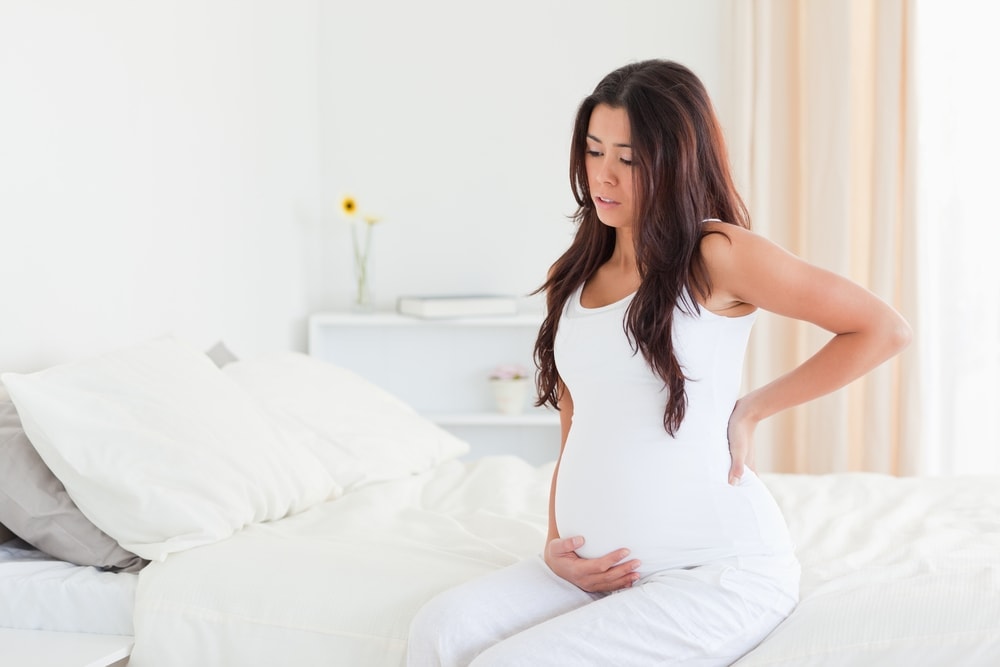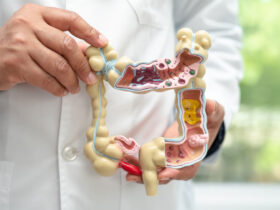Pregnancy can have a significant effect on a woman’s urinary and bladder health. Pregnancy causes a variety of structural, hormonal and other physiological changes that can lead to a range of urinary and bladder-related issues, from minor discomfort to more serious health problems. Pregnant women need to be aware of these changes and understand the implications for urinary and bladder health in order to reduce their risk of developing any issues during pregnancy.
- Tending to your ‘tinkling needs’ during pregnancy
Pregnancy can be a magical time, but it can also cause a few, ahem, tinkling needs. For expectant mothers, it’s important to be aware of the effect that pregnancy can have on urinary and bladder health. Local urologists suggest that pregnant women should pay attention to the amount of liquid they consume, keep an eye on their caffeine intake, and use the bathroom regularly. Doing so can make all the difference in maintaining urinary and bladder health throughout the pregnancy.
- How to keep your urinary track in tip-top shape during pregnancy
Local urologists are well-versed in the unique challenges of bladder and urinary health during pregnancy. As your body adapts to the changes pregnancy brings, it’s important to take extra steps to keep your urinary system in tip-top shape. To do this, make sure you’re drinking plenty of fluids, eating a healthy diet, and exercising regularly. You should also make sure to practice good hygiene, go to the bathroom when you feel the urge, and empty your bladder completely after each time you pee.
- Unblocking your urinary pipes post-pregnancy
After having a baby, many women find themselves dealing with the discomfort of blocked urinary pipes. It can be difficult to manage by yourself, but local urologists are here to help. With the help of urinary imaging like ultrasounds and CT scans, urologists can diagnose and treat any blockages. These treatments can range from simple exercises and lifestyle changes to more invasive procedures like ureteroscopy.
Conclusion.
The effects of pregnancy on the urinary and bladder health of women are very real. The increased pressure on the urinary tract and bladder can cause a range of issues including incontinence, bladder infections, and kidney stones. However, women can take steps to protect their urinary and bladder health, such as drinking plenty of fluids, avoiding caffeine and alcohol, and visiting the doctor regularly. With the right care and preventive measures, women can have a healthy and comfortable pregnancy.







